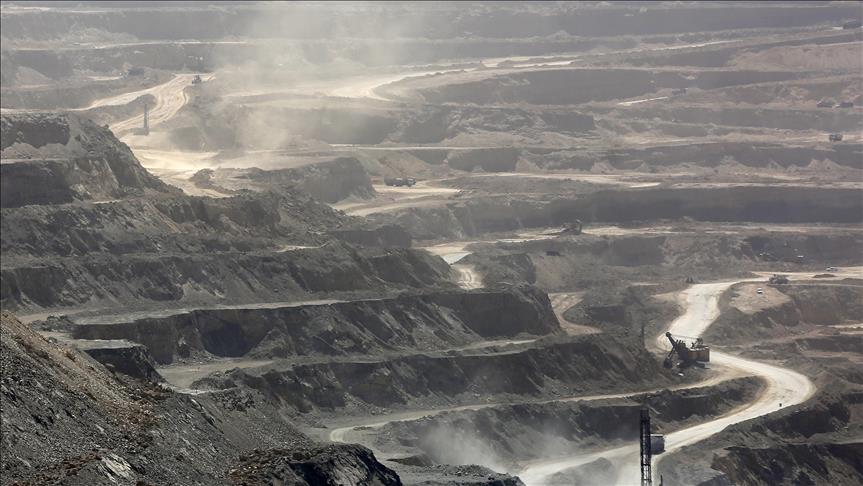Brazilian mining giant Vale signed a memorandum of understanding (MOU) with the Port of Acu, the largest deep-water port-industry complex in Latin America, to study the development of a Mega Hub at a port in Sao Joao da Barra in Rio de Janeiro to produce hot briquetted iron (HBI) with near-zero carbon emissions, the company announced on Tuesday.
The Mega Hub will house an iron ore briquette plant where it will use iron ore pellets from Vale for the direct reduction of iron.
This is considered a pioneering initiative that proposes using HBI partially in blast furnaces to cut greenhouse gas emissions and boost productivity without replacing current assets like blast furnaces and steelworks.
Both companies will seek to attract investors and clients to build and operate the direct reduction plant using natural gas that will be available at the port, with the possibility of eventually converting to green hydrogen, producing HBI with near-zero carbon emissions, in accordance with the agreement.
The use of HBI, which is currently used mostly in electric arc furnaces, in such a furnace will enable a smoother decarbonization process for the Brazilian steelmaking industry.
In Saudi Arabia, the UAE, and Oman in the Middle East, Vale has already started installing Mega Hubs, industrial complexes made to create low-carbon steel products, and this deal is the company’s first move toward creating such a complex in Brazil.
‘We believe that Brazil has great potential to be a hub for low-carbon steelmaking. We have high-quality iron ore, abundant natural gas reserves and the potential to develop green hydrogen,’ Executive Vice President of Iron Ore Solutions at Vale, Marcello Spinelli, was quoted as saying in the statement.
‘As a Brazilian company, Vale seeks to partner with ventures that contribute in this direction. We want to be the driving force behind Brazil’s ‘neo-industrialization’, which will be based on green industry,’ Spinelli said.
Albano Vieira, a steel and mining consultant for Prumo, the holding company building the Port of Acu, hailed Brazil as one of the world’s major suppliers of iron ore and steel, its contribution to lowering emissions by 2030, and its ability to become a major HBI producer.
‘The use of HBI in blast furnaces can reduce greenhouse gas emissions by around 25%, with even greater potential reductions along the chain, which would put the industry in line with the goals of reducing emissions by 2030. With the Port of Açu as the gateway to zero-carbon industrialization projects, all the conditions and analyses point to the country becoming a major producer of HBI, supplying steel mills all over the world,’ he said.

